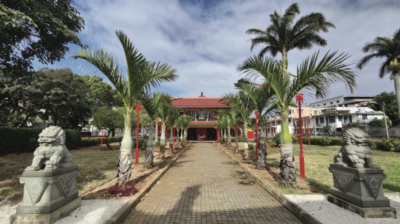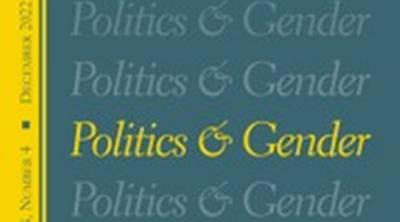Evaluation of Norway's Support to Women's Rights and Gender Equality. Mozambique Case Study Report
Purpose of evaluation:This report is the Mozambique case study report for the evaluation of Norway’s support to strengthening women and girls’ rights and gender equality through its development cooperation during the period 2007-2013 - focussing on women's economic empowerment. It assesses the extent to which results have been achieved and whether they are in line with the Action Plan for Women’s Rights and Gender Equality in Development Cooperation (the Gender Action Plan) and its four main thematic priorities: political empowerment, economic empowerment, sexual and reproductive health rights and violence against women.
Approach and methodology:This evaluation combines two key elements: (1) a broad desk-based approach focusing on the effectiveness of gender-marked aid in Norwegian development cooperation used to promote women’s rights and gender equality; and (2) a more in-depth analysis of country case studies in Ethiopia, Mozambique and Nepal and, within these countries, of carefully selected projects. Within the evaluation’s theory of change, results are identified at three levels:
- Systemic change – contributions to changes in laws/regulations, funding levels, discourse, legitimacy of an issue and content of national-level dialogue processes;
- Project results – contributions to changes in the position/empowerment of women and girls, as well as community and community leaders’ attitudes and behaviours related to gender equality;
- Organisational change – contributions to changes to partner capacities to work on women’s rights and gender equality, including those of government agencies, non-governmental/civil society organisations, UN agencies, private enterprises and twinning partners.






